-
Books Before Bedtime?
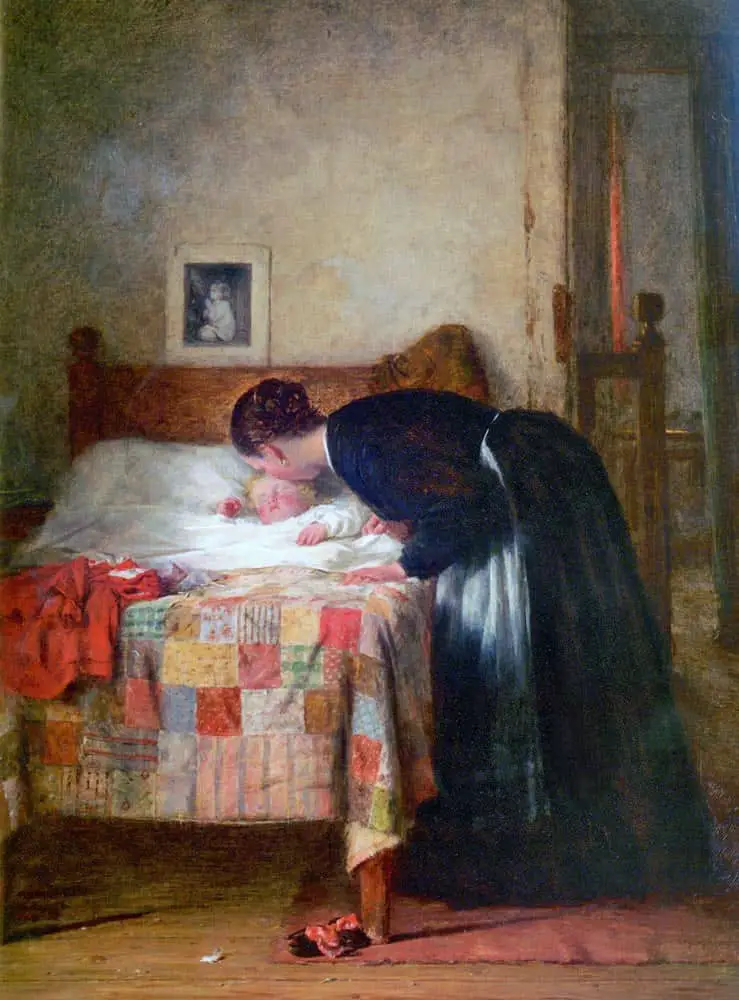
A friend from tennis has adult children. A librarian once told her to never, ever, under any circumstances read books before bedtime. Books are not for putting children to sleep. Yet all those home away home picture books which take place over the course of a day and end with the child in bed seem […]
-
Differences Between Writing For Children and Adults
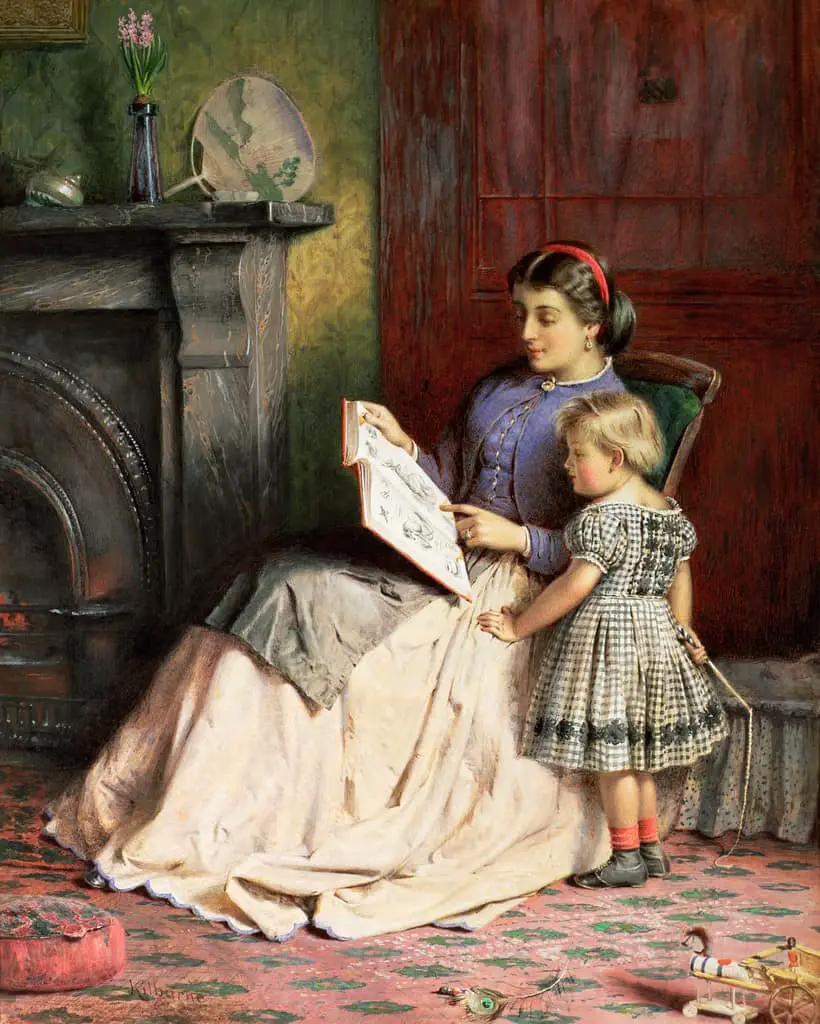
1. What can I expect of children whose understanding of language is not yet nearly as well developed as my own adult linguistic skills, without asking too much of them? 2. What ought I to expect of children without contravening educational, psychological, moral and aesthetic requirements, particularly since it is not always easy to bring […]
-
Cloud Tea Monkeys and Mysterious Traveler by Mal Peet and Elspeth Graham
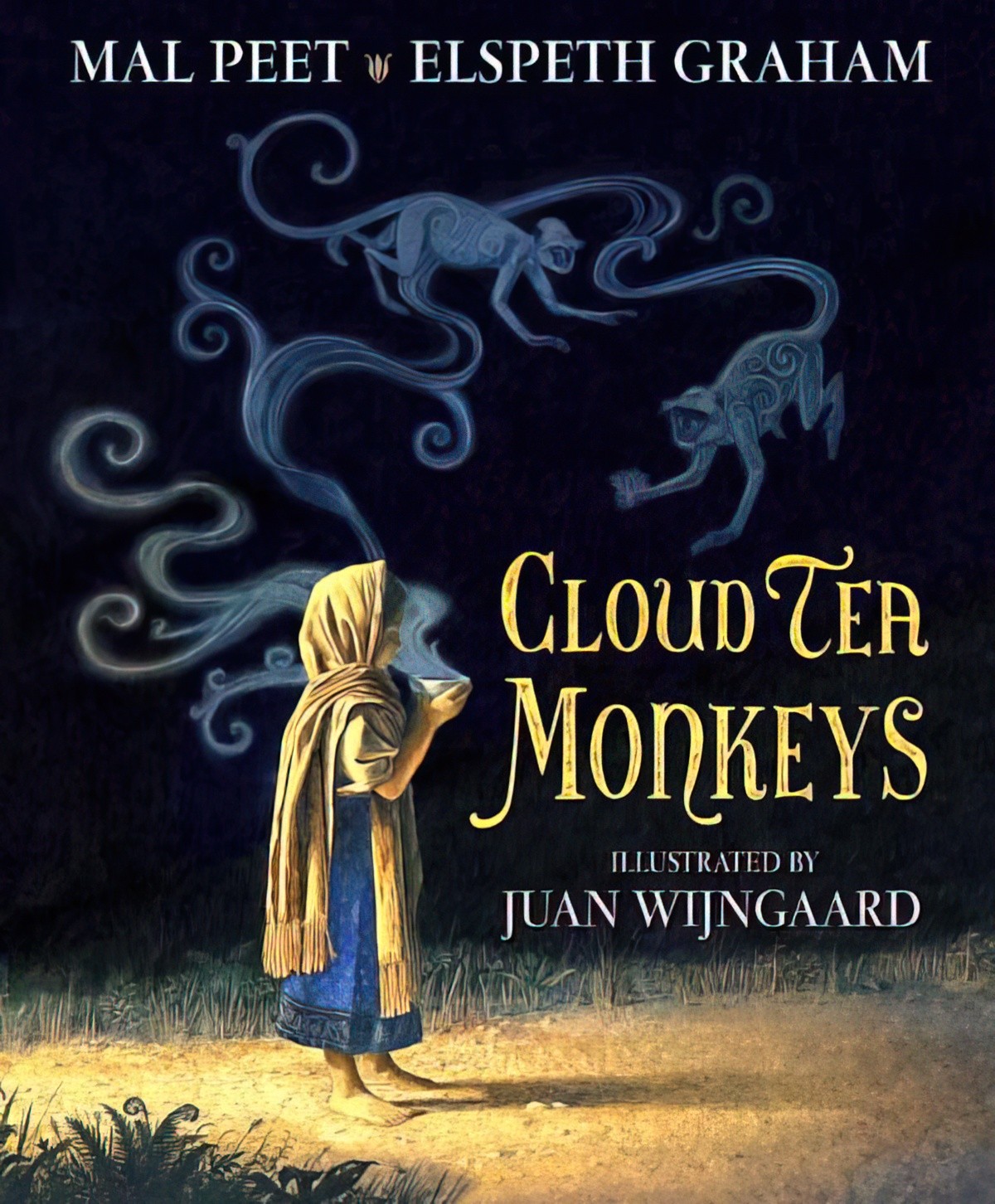
On 15 June 2013, husband and wife team of Mal Peet and Elspeth Graham were interviewed by Kim Hill on Saturday Morning RNZ, for the ‘Playing Favourites’ segment. The songs themselves can’t become podcasts for copyright reasons, but if you’re interested in how a picturebook originates from two co-writers which is then illustrated by someone […]
-
Happy vs Sad Endings In Children’s Stories
If you want a happy ending, that depends, of course, on where you stop your story. Orson Welles I want them all to have happy endings although I do realize this is not true to life. But I get attached to my characters and I don’t really want to do them in. And I think […]
-
Asian-Australian Children’s Literature
There are only a small number of Asian-Australian authors writing about Asia in children’s/young adult fiction and there are very few books where the first-person narrator or main character is Asian or Asian-Australian. Also surprisingly, there are very few Australian works with Asian content that have been translated into an Asian language – translations are […]
-
Picturebook Study: Why the Black and White?
1. THE AIR OF UNCOMPROMISING DETACHMENT While some picturebooks are in black and white for economic reasons, serious picture-book artists who choose to aavoid color in a medium noted for its use of color often have similar special points to make. The obvious example is the work of Chris Van Allsburg. The black-and-white pictures in […]
-
Should America Import More Children’s Books?
Should America import more children’s literature from other countries? Everything we do to, with, and for our children is influenced by capitalist market conditions and the hegemonic interests of ruling corporate elites. In simple terms, we calculate what is best for our children by regarding them as investments and turning them into commodities. Jack Zipes, […]
-
Apples In Art And Storytelling
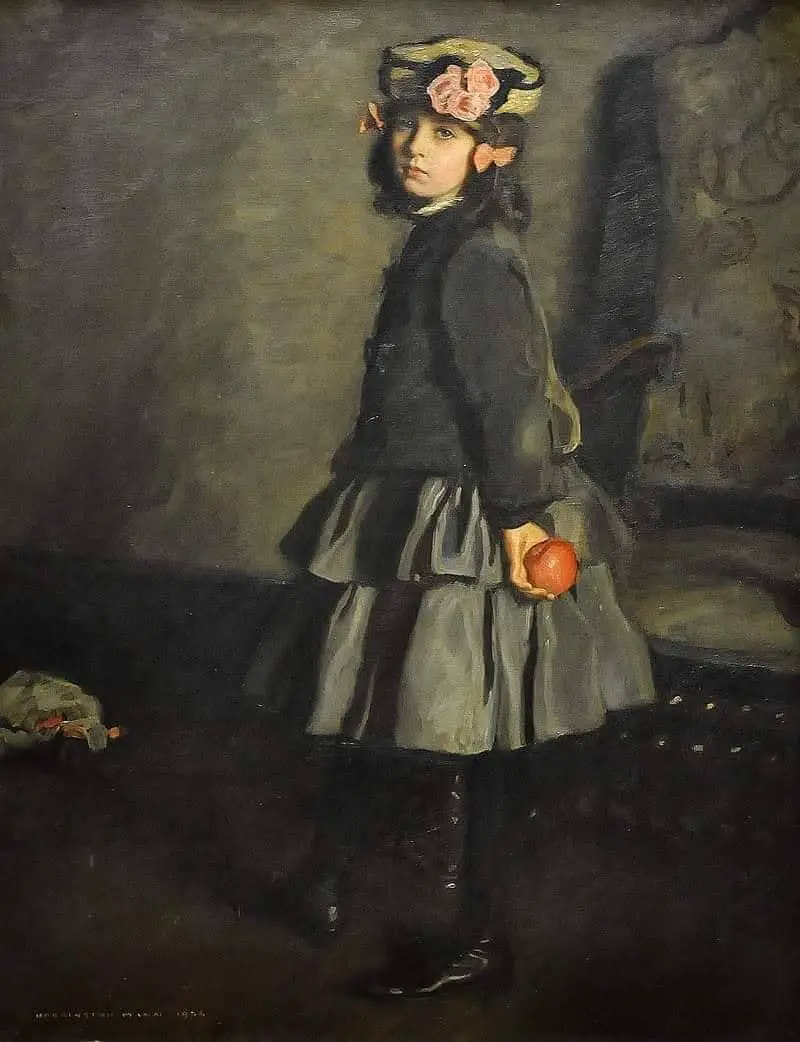
In Judeo-Christian tradition, we have the story of the Garden of Eden. Eve tempted Adam with it. Was it an actual apple, like you’d buy at the supermarket today? In this case, ‘apple’ probably stands in for fruit, which metaphorically stands for temptation of any kind.
-
What Makes A Classic Children’s Book?
David Beagley in interview with Matt Smith, La Trobe University, available on iTunes U The word ‘classic’ is an overused term. Popularity doesn’t necessarily make something a classic. Twilight is popular but probably won’t have longevity and therefore wouldn’t count as a classic. Having said that, an adult who reads a book they really like […]
-
Historical Realism In Children’s Literature
Historical fiction for young people…follows in the footsteps of the adult historical novel, the only difference being that it often chooses a hero of its readers’ age, who has a mentality and psychology close to those of our children and teenagers. Thaler, 2003, Understanding Children’s Literature The belief in historical fact qua fact is if […]
-
Social Issues In Realistic Children’s Fiction
In Sweden, a critic has coined the notion of idyllophobia, a fear of presenting the world of childhood as idyllic. Children’s and juvenile literature becomes more and more violent, not necessarily in actual depictions of violence, but in the general attitude toward the essence of childhood. The narrative strategies which writers use, most often the […]
-
What can flight symbolise in literature?
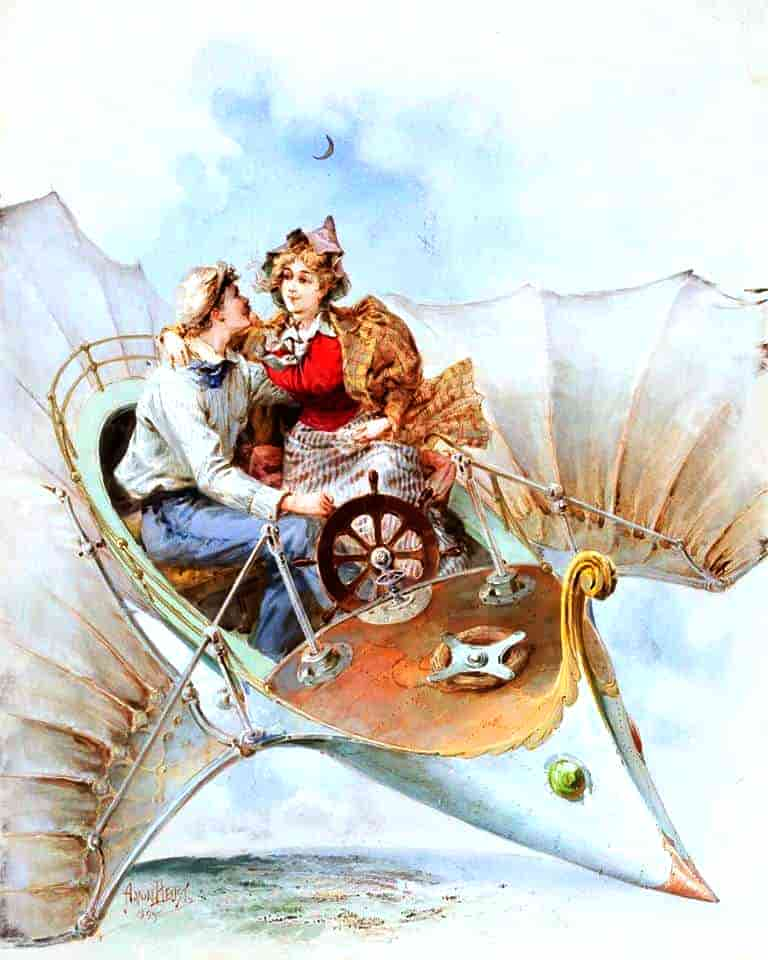
Flight is amazingly common in children’s stories. Several other motifs should be considered symbolically similar: FLOATING AS FLIGHT SYMBOLISM Characters might hold onto helium balloons, levitate by magic or by supernatural means. A picture book example of floating can be seen in “Outside Over There” by Maurice Sendak, in which Ida floats backwards out the […]
-
Fantasy In Literature For Children
The following notes on Fantasy in Children’s Literature are from lecture by Prof David Beagley, La Trobe University, combined with my own thoughts. People in the children’s book world ask…’Is it suitable?’ ‘Is it the right age level?’ ‘Is it about a contemporary problem?’ These are important questions, but not of primary importance. The primary […]
-
Defining Fantasy In Children’s Literature
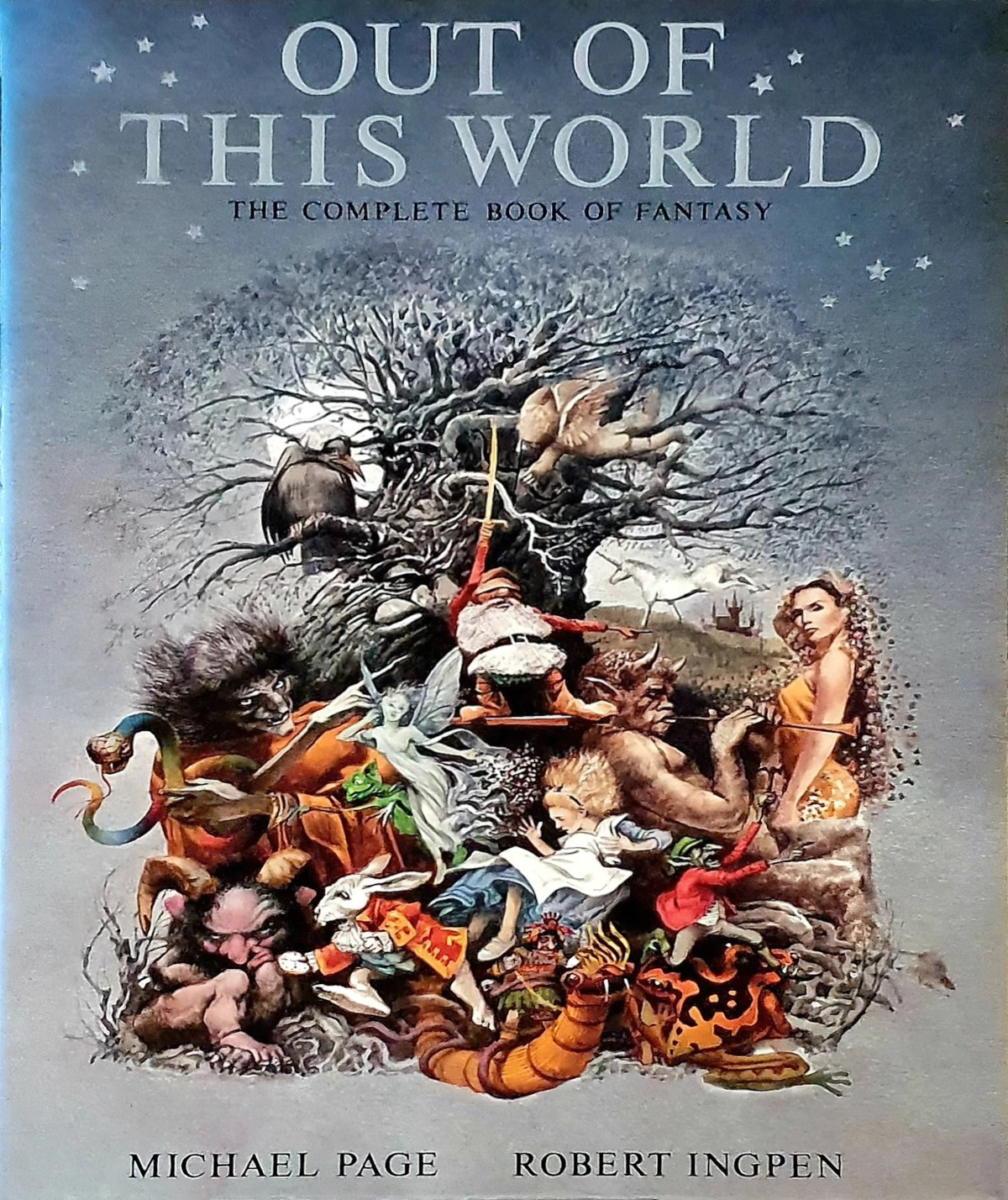
As Fanny Howe reminds us, the fairy tale is a form in which, like Midas’ golden touch, a simple wish conjures up a reality that was all along potential. Not better, just possible. Emily Carr, Fairy Tale Review David Beagley, LaTrobe University, available on iTunes U Fantasy comprises the largest segment of children’s literature, and is close […]
-
Graphic Novels, Anime and Manga
Notes below are from David Beagley, La Trobe University, Genres In Children’s Literature. Lynd Ward’s Eerie, Early Graphic Novel, “Gods’ Man” is thought to be the precursor to the modern novel. Superman and Astroboy are well-known comics. Astroboy is a mix between man and machine which has given us Lego bionicles and Transformers, and which […]